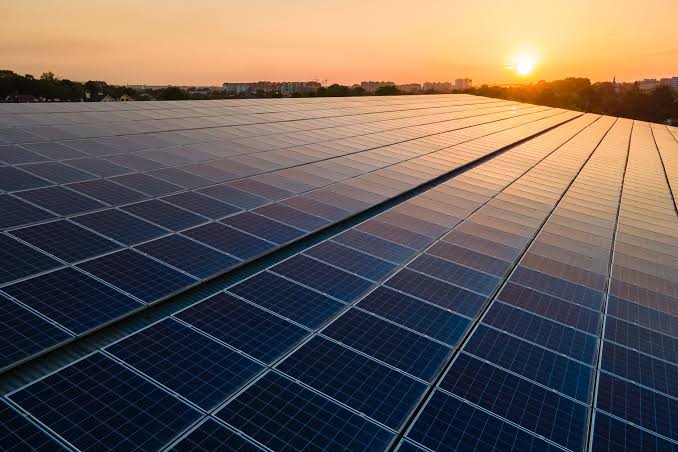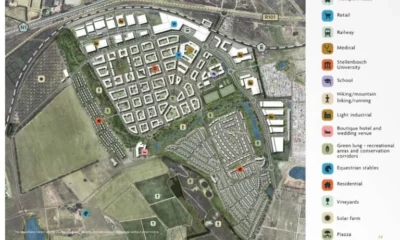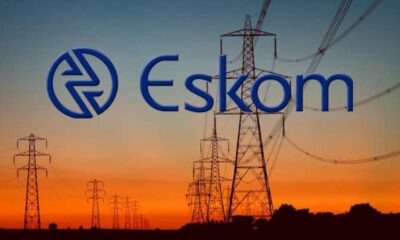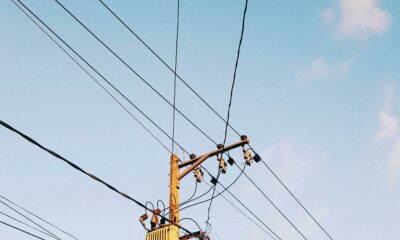News
Are Outdated Rules Holding Back South Africa’s Solar Revolution?

Red tape, high tariffs and policy confusion threaten solar power momentum
While thousands of South African households are turning to solar energy to escape load shedding and high electricity bills, outdated and inconsistent regulations are standing in the way of meaningful progress. That’s the central warning from a new June 2025 GoSolr report, which paints a frustrating picture of a country that wants to go green, but keeps tripping over its own policies.
Despite a worsening national energy crisis and Eskom’s shaky power availability, the country’s transition to solar is far from smooth. According to GoSolr, 137,000 homes have already installed solar systems, and an additional 1,000 are going solar every month. But instead of being supported, solar adopters often find themselves facing hurdles, not incentives.
Solar Users Penalised Instead of Empowered
The report highlights how municipalities, especially in Johannesburg, are placing financial and bureaucratic obstacles in front of solar users. While prepaid customers in Joburg pay a fixed fee of R423, solar users on postpaid systems are hit with time-of-use billing and fees as high as R1,615 per month, all while being denied the ability to feed excess energy back into the grid.
By contrast, Cape Town has adopted a more solar-friendly approach. The Mother City offers simpler billing for prepaid users and pays them R1.16/kWh for feeding solar power into the grid, with an extra R0.29/kWh as an incentive.
This patchwork of rules and tariffs across different cities creates uncertainty for households and businesses, making it harder and more expensive to go solar.
One Country, Many Rules
GoSolr criticises the lack of a unified national framework. While national law requires certified electricians and engineer sign-offs for solar installations, some municipalities add even more layers: application fees, forced tariff changes, meter upgrades, and excessive paperwork. The result is a confusing and expensive process that deters everyday South Africans from embracing solar energy.
“South Africa is over-regulated and underperforming,” the report says bluntly. “It’s time to stop faffing around with regulations and start doing.”
Five Actions to Unblock Progress
To unlock South Africa’s full solar potential, GoSolr recommends five key reforms:
-
Let consumers choose their own tariffs – No more forced billing structures.
-
Cut import tariffs – Make solar components cheaper and more accessible.
-
Implement a unified national policy – End the regulatory fragmentation.
-
Scrap unnecessary compliance costs – Stop punishing households with fees.
-
Enable grid access for all solar producers – Let everyone feed energy back.
Eskom: “We’re Stable. Ignore the Panic.”
The report comes as online rumours sparked fears of impending stage 4 and 6 load shedding from July 6 to 20. Eskom has since squashed those claims.
“There are no planned outages of that scale,” Eskom said in a statement, adding that South Africa’s power system remains stable, with load shedding suspended since mid-May.
According to Eskom’s Winter Outlook, shedding will only be triggered if unplanned outages climb past 13,000MW. Even then, load shedding would be limited to Stage 2 for just 21 days between May and August.
The Bigger Picture: A Nation at an Energy Crossroads
South Africa’s solar story is one of potential blocked by bureaucracy. With Eskom’s Energy Availability Factor sitting at just 57.3% far below the 70% target, the need for alternative energy sources is more urgent than ever. Yet municipalities and national departments aren’t acting in unison.
Public frustration is growing, especially on social media, where many have slammed high tariffs and confusing policies as “solar sabotage.”
The irony? The very people trying to take pressure off the national grid are being punished for doing so.
If South Africa wants to emerge from the shadows of load shedding and truly lead the continent in renewable energy, cutting through the red tape will be just as important as installing new solar panels.
South Africans are ready to embrace solar. The question is whether government regulators are ready to make it easier, not harder for them to do so.
{Source: IOL}
Follow Joburg ETC on Facebook, Twitter , TikTok and Instagram
For more News in Johannesburg, visit joburgetc.com



























